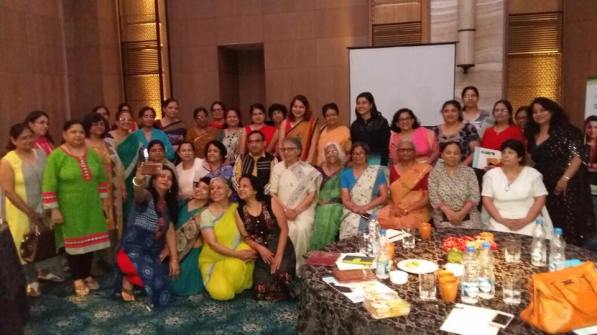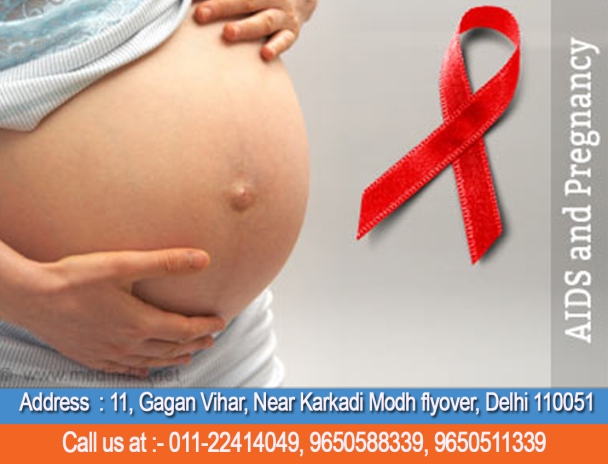Although Chichen pox in pregnancy infection can pose risk in all trimesters, the highest Baby risk exists between 13 and 20 weeks.
It may result in hypoplasia or aplasia of single limbs, with skin cicatrisation, deafness, psychomotor retardation, and eye abnormalities.
The incubation period is 14-21 days, and infectivity is from 1 day prior up to 6 days after the disappearance of the rash.
Oral acyclovir reduces the duration of symptoms if given within 24 hours of the rash appearing. Chichen pox in pregnancy is often more severe and may be life-threatening due to pneumonia, hepatitis, or encephalitis.
It a woman has an exposure without history of previous infection, serum should be tested for igG antibodies.
It antibodies are positive within 10 days of contact, assume immunity.
If not positive, immunoglobulin should be given as soon possible, But because it is costly.. Not invariably given in India.
Neonatal chichenpox may be seen in mothers infected in the last 4 weeks of pregnancy. These babies should receive immune globulins as soon as possible.












